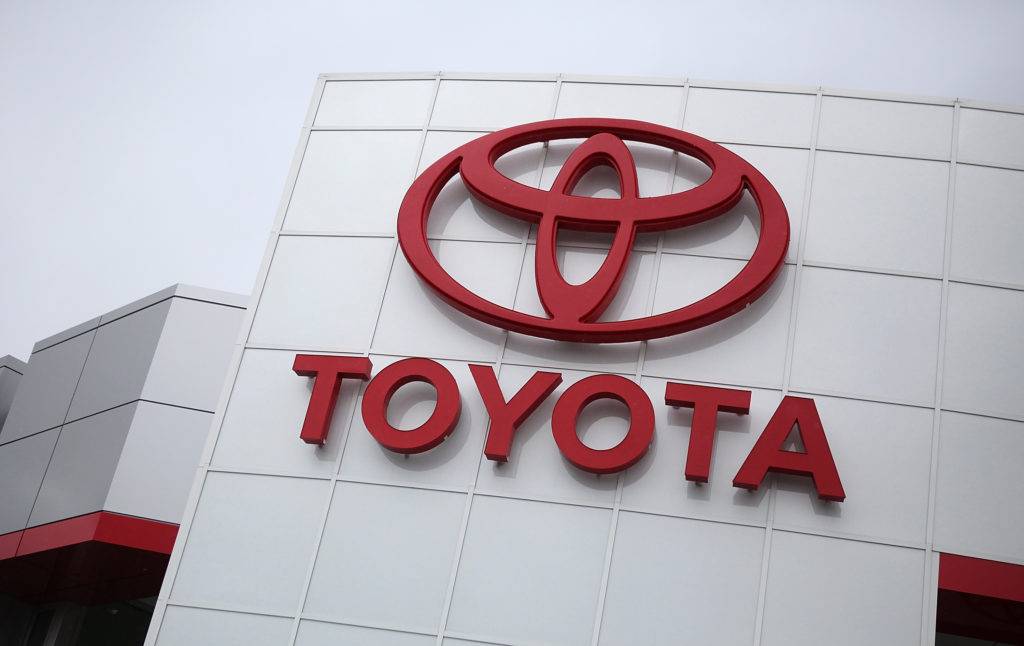Denso, Ericsson, Intel, NTT Docomo, and Toyota have formed the Automotive Edge Computing consortium, a new association dedicated to building an ecosystem for connected car data.
Bringing millions of cars online will require a major overhaul of road infrastructure, alongside new networking standards and data centers to send, receive, and store data.
See Also: U.K. government drops their commandments for self-driving vehicles
The consortium wants to be the one to provide this infrastructure, creating new architecture to support the expected 10 exabytes (1 billion gigabytes) of data per month from connected cars.
Ericsson and NTT Docomo are both major networking firms, eager to outline standards, best practices, and architecture plans. Intel recently acquired Mobileye for $15.3 billion, so it has an important part to play in the development of connected and autonomous vehicles.
The addition of Toyota and Denso – an auto parts manufacturer that’s the largest shareholder is Toyota – makes the consortium Japanese oriented. Japan will most likely be one of the first to adopt national standards for autonomous tech, with the government hoping to have self-driving taxis available in Tokyo before the 2020 Summer Olympics.
For now, the consortium will look at connected tools, like real-time maps and driver assistance, but clearly, the long-term goal is infrastructure to support the self-driving revolution. The estimated infrastructure cost, in the U.S. at least, is expected to run into the hundreds of billions.
Consortiums of automakers, auto parts manufacturers, and technology companies look to be in season. BMW partnered with Intel, Delphi, and Continental to develop self-driving cars, and the U.K. government is funding a partnership between Oxford University, Telefonica, and Transport for London.






















